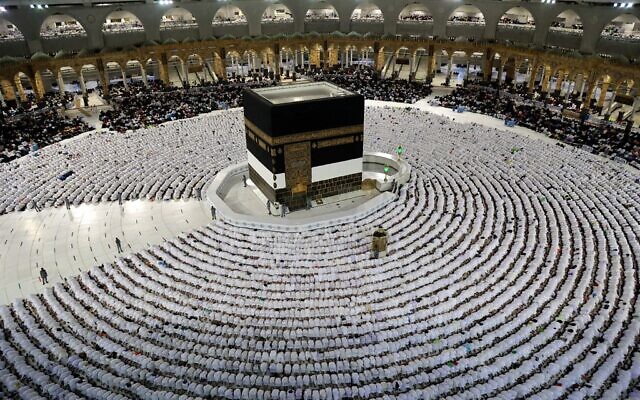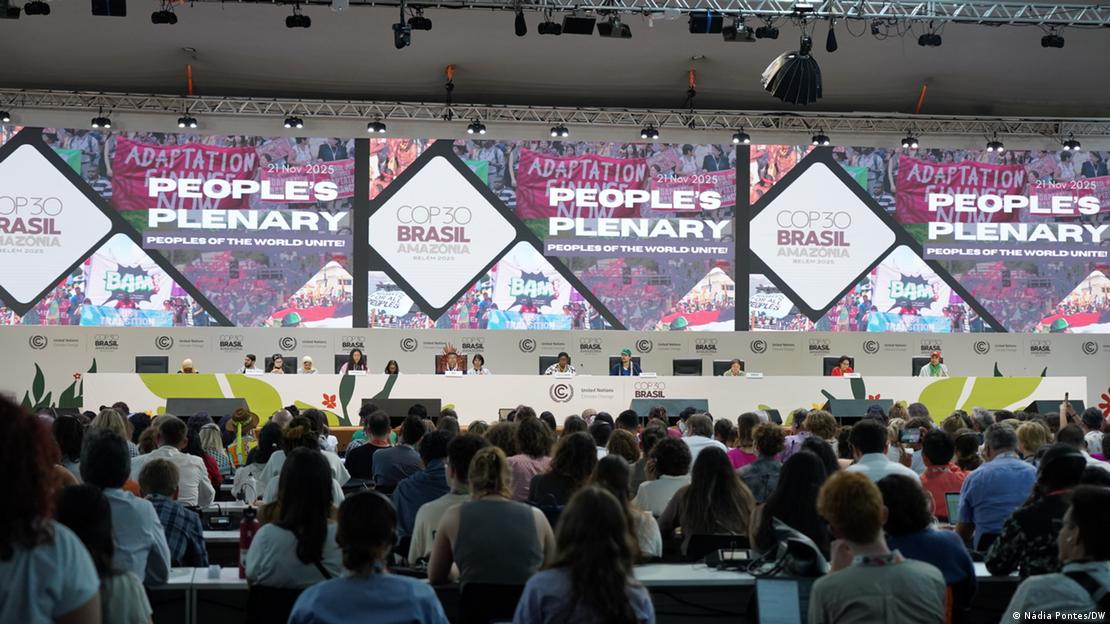5,000 Kenyan Muslims to take part in 2026 Hajj pilgrimage

Kenya Hajj Mission, which operates under the Supreme Council of Kenya Muslims (SUPKEM), confirmed that the first stage of preparations for the 2026/1447 Hajj season has been completed on schedule.
At least 5,000 Kenyan Muslims are expected to take part in the 2026 Hajj pilgrimage, marking an increase from the 4,500 who attended last year, the Kenya Hajj Mission has announced.
The mission, which operates under the Supreme Council of Kenya Muslims (SUPKEM), confirmed that the first stage of preparations for the 2026/1447 Hajj season has been completed on schedule.
More To Read
- Saudi Arabia announces full ban on photography inside Holy mosques
- Gulf region paves the way to become digital data hub
- Embassy begins emergency travel certificate registration for stranded Kenyans in Saudi Arabia
- SUPKEM Chair Hassan Ole Naado rejects calls to resign, defends tenure
- Senators summon Mudavadi over harassment, detention and deaths of Kenyans abroad
- Kenyan single mothers in Saudi Arabia urged to register children, collect birth certificates
“We commend the registered Hajj agents and pilgrims who have raised the necessary funds for the purchase of locations in Mina and Arafat, as well as for basic services such as tents, beds, and meals,” said Saleem Kadennani, who read the Mission’s statement.
“This year, we experienced a seamless Hajj, with the Saudi government successfully managing to restrict illegal pilgrims who often overcrowd the holy sites, ensuring that fully paid-up pilgrims receive the services they deserve,” he added.
The Mission noted that the establishment of a Kenyan consulate in Jeddah, Saudi Arabia, has eased access to essential government services for Kenyan pilgrims.
At the same time, the Kenya Hajj Mission raised concerns over unethical conduct by some registered Hajj agents during the last season.
It said certain agents falsified documents to secure illegal visas for foreign passport holders, in violation of Saudi Arabian regulations, while others spread fake videos alleging suffering among Kenyan pilgrims.
The Mission condemned the actions as un-Islamic, damaging to the image of Saudi Arabia, and harmful to the spiritual meaning of the pilgrimage.
It also cautioned against politicising Hajj matters in Parliament, urging leaders to instead engage directly with institutions responsible for pilgrimage arrangements.
“We acknowledge the efforts of our political leaders who have shown interest in Hajj matters, as they represent the Muslim community. However, Parliament is not the appropriate forum to discuss issues that are alien to the majority, denying concerned parties the opportunity to clarify these matters and correct misconceptions about Hajj,” the Mission noted.
Top Stories Today













































